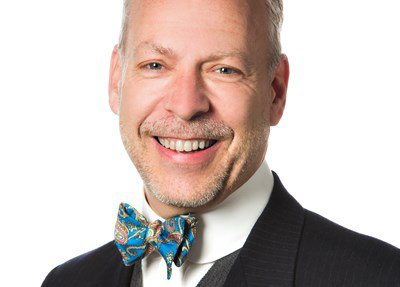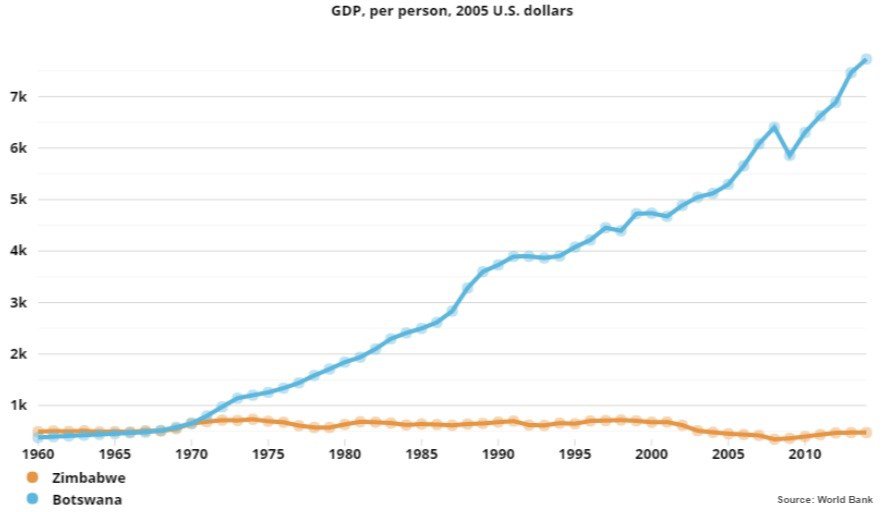How Pokémon GO Brightened a Dark World – Article by Jeffrey A. Tucker
All weekend, I’ve fielded texts from people who are despairing about the state of the country. Is some kind of unsolvable civil war developing between police and people, even between races? And how can politics solve this when the candidates seem to have every interest in actually exploiting and even exacerbating the problem? The opinion pages overflowed with expressions of deep sadness and warnings that, once again, the center is no longer holding. The nation is falling apart.
What could possibly be the solution here? These problems seem so deep as to be insoluble.
Oddly, the answer might be in your pocket. Through our smartphones and the app economy, we are being given tools to allow us to reach the world and connect with others in ways that were previously unimaginable. This is not a political solution; in fact, it might be solution precisely because it is not political.
Pokémon Brings Us Together
Poetically, it was exactly this weekend – following so much terrible news and after a season in which two-thirds of Americans report being alarmed by their coming presidential choices – that millions downloaded and played one of the most delightful digital apps to yet appear: Pokémon GO.
It has broken all records on the numbers of downloads in such a short time. In only a matter of a few days, the mobile app had nearly as many real-time users as Twitter. It now lives on more smartphones that even Tinder. As a term, Pokémon is top trending. If you follow your Facebook home feed, you know all about this. If any application could be described as having swept the nation, this was it.
How can a silly game lift up our hearts and give rise to the better angels of our nature?
That something marvelous had happened was obvious to anyone living in dense population areas. Parks filled up with people playing the game. They were hanging out in public areas around malls, at bus stops, in parking lots, and just about everywhere.
People were holding their phones, playing the game, laughing and moving around. Crucially, people were meeting each other with something in common – people of all races, classes, religions; none of it mattered. They found new friends and came together over a common love.
And there was a common feature to all the people doing this. We smiled. We smiled at each other. Even now, even in the midst of a world in which “the center no longer holds,” we actually found that center again: a heart-felt affection for something we love and an awareness that others share that same aspiration.
It was absolutely beautiful to watch. With an element of fantasy and the assistance of marvelous technology, we experienced the common humanity of our neighbors and strangers in our community. This kind of experience is key for building a social consensus in favor of universal human rights.
Why We Love It
The integration between digital and physical in the Pokémon GO game go beyond anything most people have ever experienced. Turn on your camera and you suddenly find opportunities for catching and collecting pocket monsters all around you. Head outdoors and chase them around, going up level after level and eventually find yourself at a gym where you can digitally battle other players in real space.
Dazzling doesn’t quite describe it. It is fun and imaginative, tapping into the inner kid of all of us. All the technological and intellectual discoveries over the last decades are on display. It all feels so real, all this capturing, collecting, and battling.
The industry calls it “augmented reality.” It’s a new level of gamification, not just something that happens on a screen. It reveals a layer of fantasy within the existing structure of reality itself, meaning that it brings to life the most delightful imaginings of our hearts. It helps us see what we would otherwise not see, and allows us to interact directly with the digitally existing thing.
In this way, Pokémon embodies something that we’ve all begun to intuit but haven’t been able to frame up completely. It is this: there is no longer a separation between what we once called real and what we think of as being a pure Internet fiction. The two are blending in ways that are dramatically enhancing our lives. We are to the point where we can no longer even imagine how the world even worked – and how our minds worked – before market forces blessed humanity with digital innovations.
The Great Blurring
Market-driven technology is not some invading imposition that makes people change the way they live without their permission. Instead it seeks to serve us and make our lives better; that’s its whole purpose and ethos. In the whole course of the digital revolution that began some twenty years ago, we’ve seen the gradual blurring between the physical and digital realms. What was created through code started to become just as substantial and meaningful in our lives as anything that took up physical space and we could touch.
We see this not only in games but also in health care, in finding our way around cities, in opening businesses, in driving, in dating, and in millions of life activities. Crucially, such apps are available to everyone regardless of life station. They spread capital and productivity across all classes of people, and more and more of our lives are migrating to this realm to escape the frustrating limits of physical space.
Of course the doubters have kvetched for two decades now. Old timers have screamed about how all this fascination with the Internet was causing a breakdown in human relationships, how the old-fashioned letter was so much better, why ebooks could never replace the glorious romance of physical books, how online music would kill the industry, how dating apps were killing romance, how time-killing blather on Facebook and Twitter were killing productivity, and so on.
Oh, and remember how video games were going to wreck our health by making us all sedentary? Now we have Pokémon GO players romping over hill and dale to “catch ‘em all.” As a wit on Facebook said, “Pokemon GO has done more for childhood obesity in the last 24 hours than Michelle Obama has in the past 8 years.”
Indeed, none of these fears have panned out. In fact, the opposite has proven true. The digital revolution has connected people as never before and given rise to more of what we love in life, whatever that happens to be.
Such doubters were missing something crucial. The key to the digital realm is its unrelenting adaptability to consumer preferences, thanks to the capacity of innovators to learn from the successes and failures of others. Digital innovation allows the crucial element of discovering and innovating to be crowd sourced, creating an environment of exponentially fast progress.
Market-driven technology is not some invading imposition that makes people change the way they live without their permission. Instead it seeks to serve us and make our lives better; that’s its whole purpose and ethos. Whatever it is we want to do – read, listen, play, study, create – the technology is there to make it easier and more widespread. It democratizes the tools we need to live better lives.
And what does it make possible? Whatever the human mind is capable of creating. And the element of surprise is always there. Just when we think we’ve reached an insuperable limit to the possible, something appears that surpasses that limit.
The individual human mind is not capable of outsmarting the brilliance of a market process that operates without limits.The challenge became very intense when Bitcoin came about in 2009, and the cryptocurrency gradually took on monetary properties. Economists claimed this could never happen, since money absolutely had to originate in a form of real-world scarcity of something you could hold.
I recall a conversation I was having with one skeptic on Skype who kept saying that Bitcoin can’t be money because it doesn’t exist. Frustrated, I asked him if the conversation we were having right then really existed. He said yes. I reminded him that I was not standing next to him and everything we were looking at and hearing was nothing but code.
Our conversation was purely fictional by his standards, simply because its only existence was in the digital realm. And yet it seemed to me to be actually happening. He was speechless.
The lesson here is that the individual human mind is not capable of outsmarting the brilliance of a market process that operates without limits. And within digital spaces today, we experience the closest thing we have to a free market. It is making things no one thought possible, and doing it daily, and doing it for everyone.
Overcoming Power with Humanity
Mobile apps like Pokémon GO can of course be dismissed as just another game, distractions that do not address serious life problems like race conflict and the tit-for-tat killings between police and citizens. But actually there is more going on here.
A few weeks ago, Facebook rolled out its live video functionality for all users – and keep in mind that this is free for everyone on the planet to use. When a police officer shot Philando Castile with four bullets during a routine traffic stop, his girlfriend Diamond Reynolds took out her phone and live streamed one of the most dramatic and powerful moments yet seen on the subject of police power.
It shocked the consciences of millions. Facebook was her 911. Had private enterprise not been there, the world would not have known. Now that we do, change is made more likely.
That’s the serious side of technology while Pokémon GO represents the delightful side. They work together, each making a valuable contribution to enabling a better life. What they have in common is that both are non-state solutions to crying human needs. No politician in history has ever achieved so much for the cause of human rights and human happiness.
Jeffrey A. Tucker
Jeffrey Tucker is Director of Content for the Foundation for Economic Education and CLO of the startup Liberty.me. Author of five books, and many thousands of articles, he speaks at FEE summer seminars and other events. His latest book is Bit by Bit: How P2P Is Freeing the World. Follow on Twitter and Like on Facebook. Email. Tweets by @jeffreyatucker
This article was originally published on FEE.org. Read the original article.








